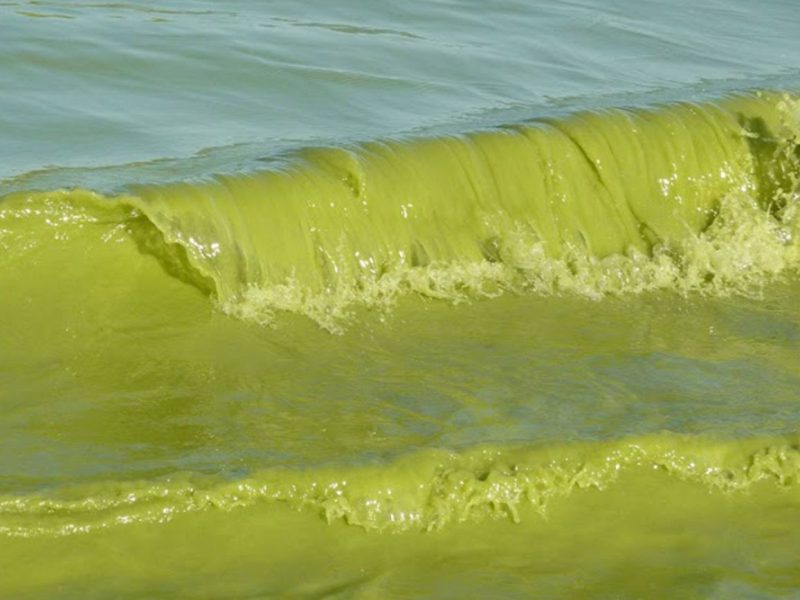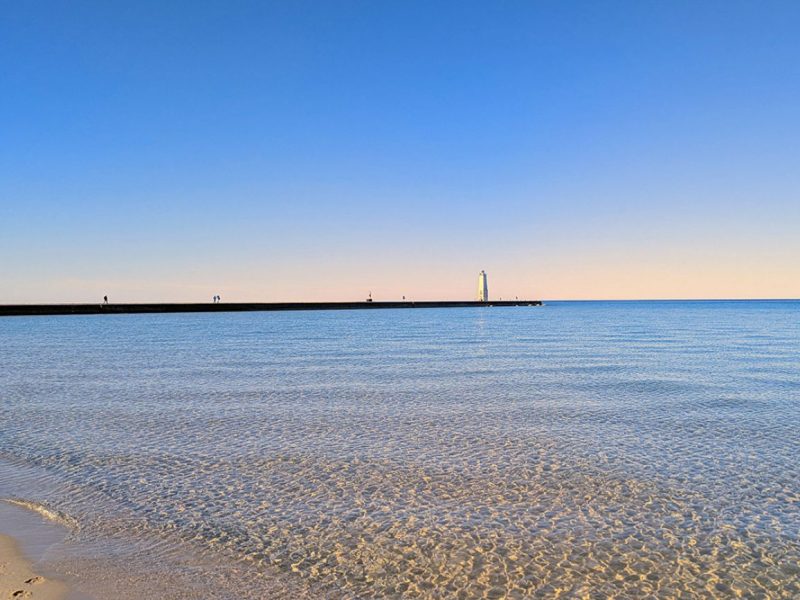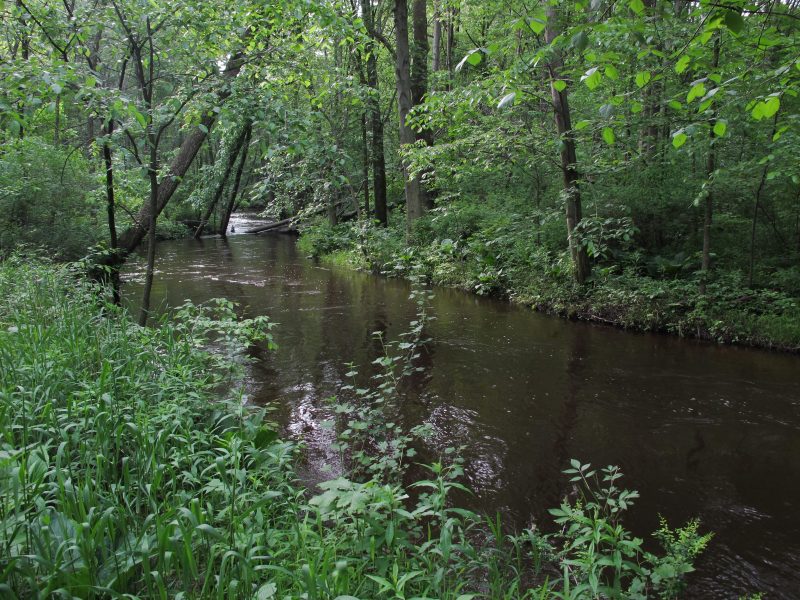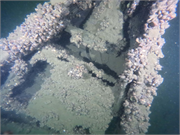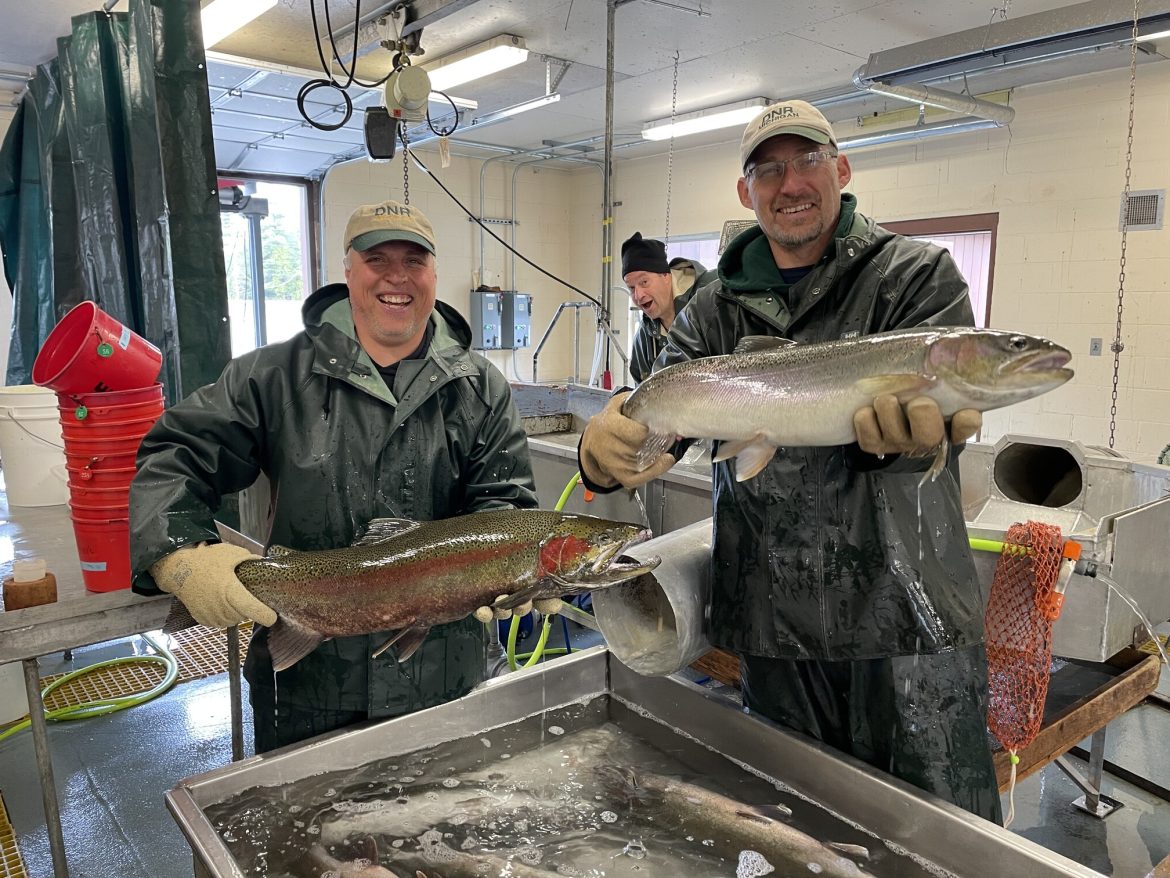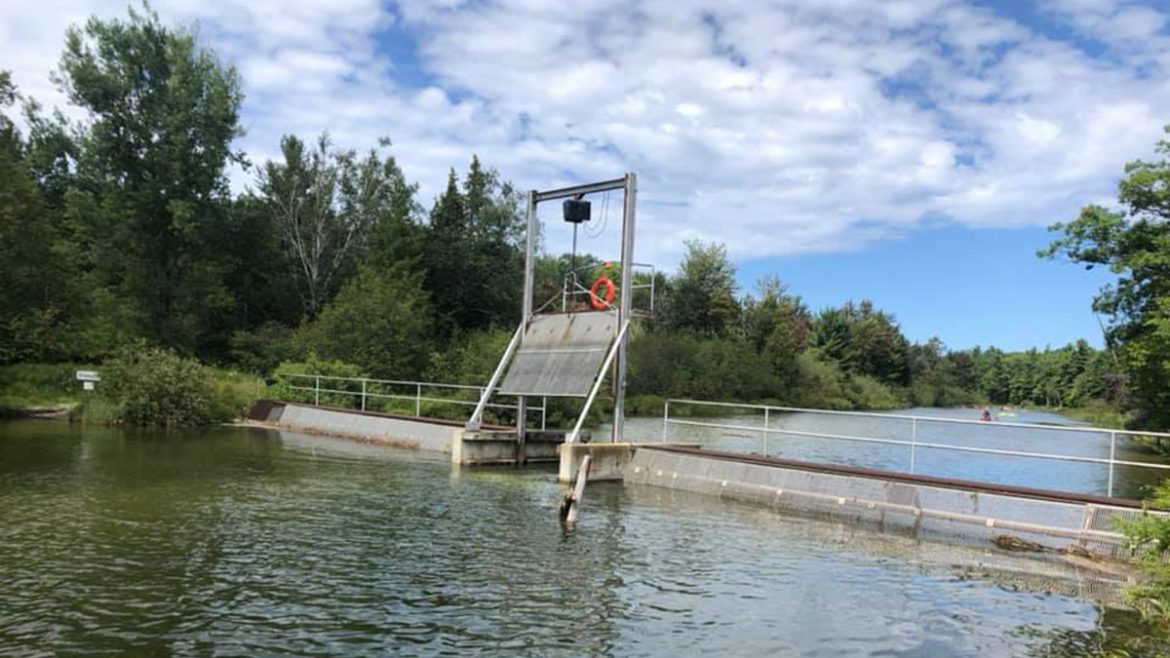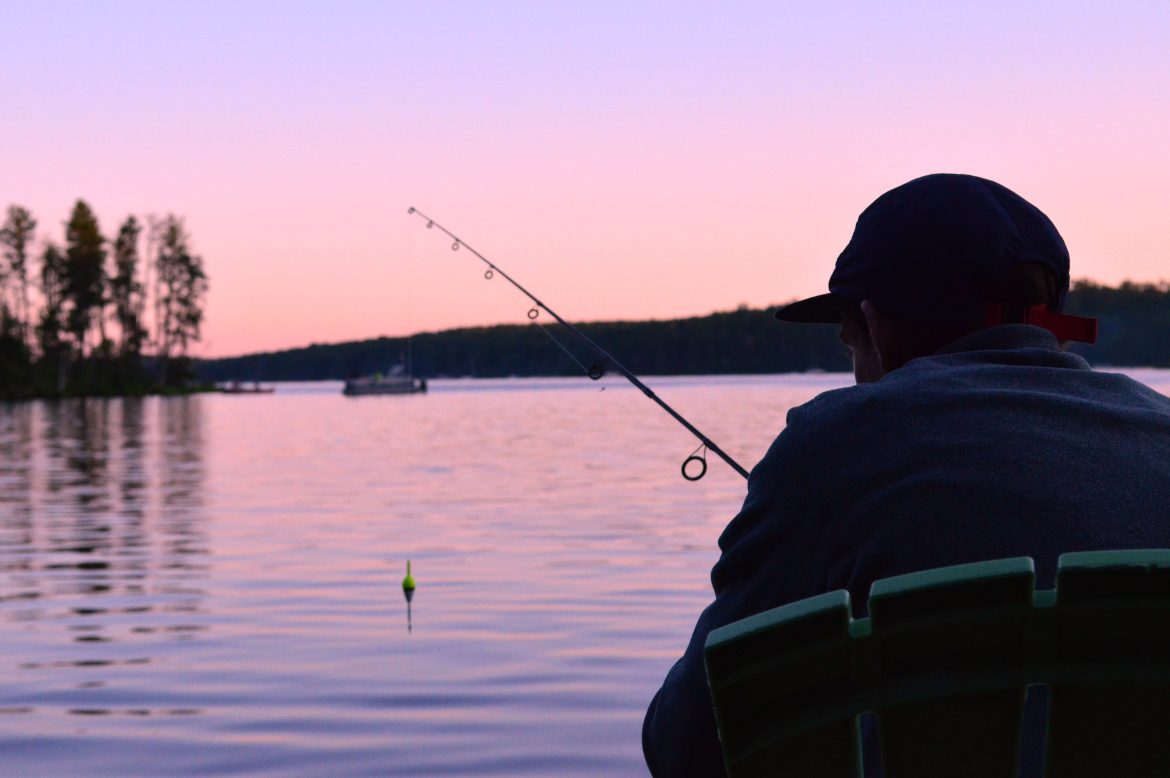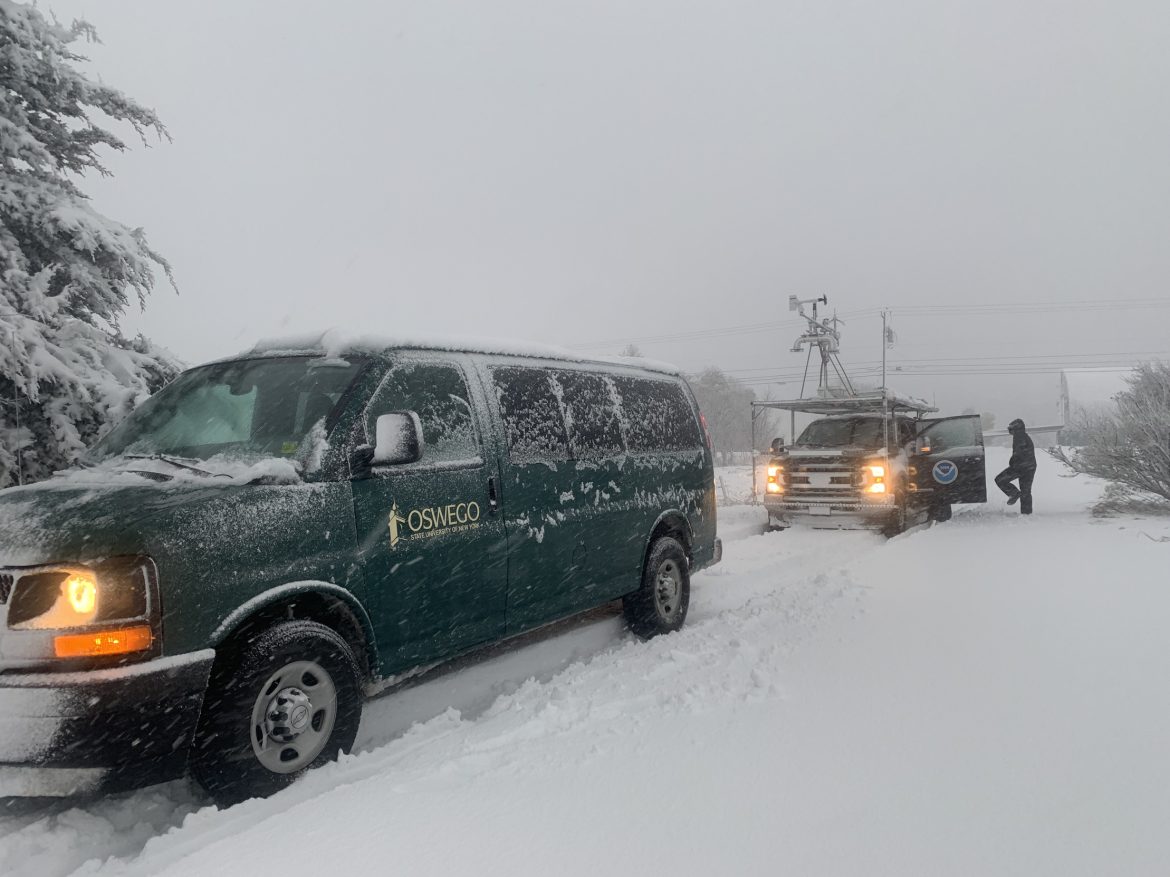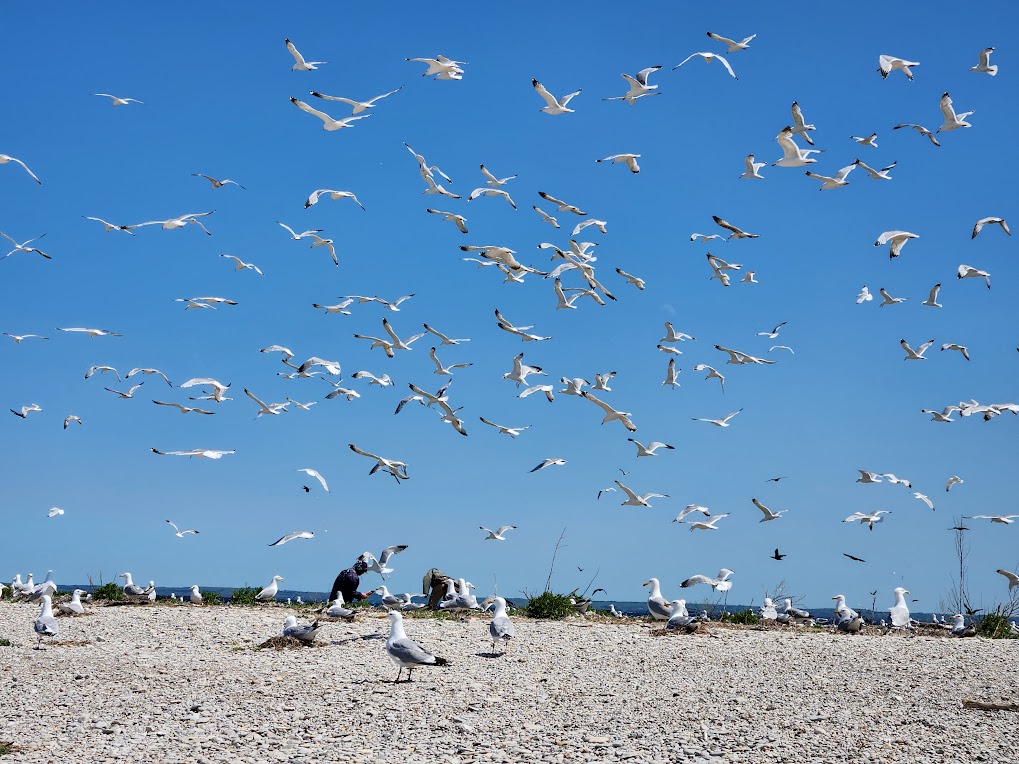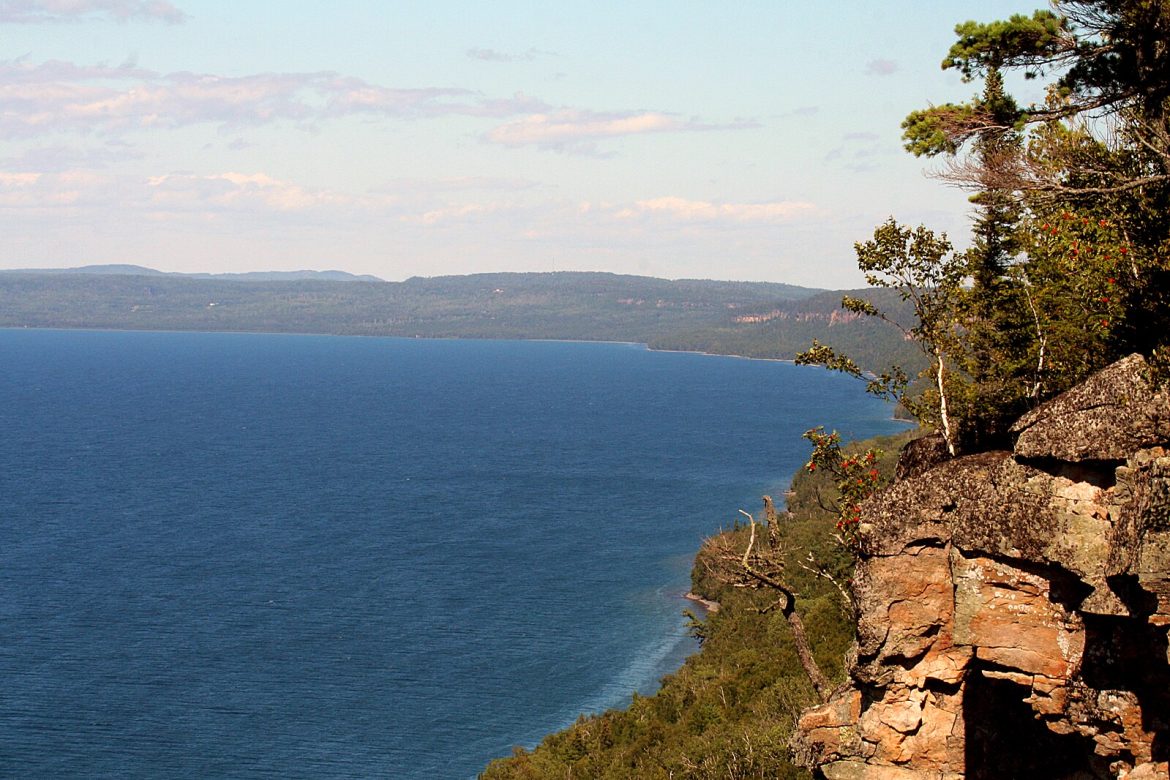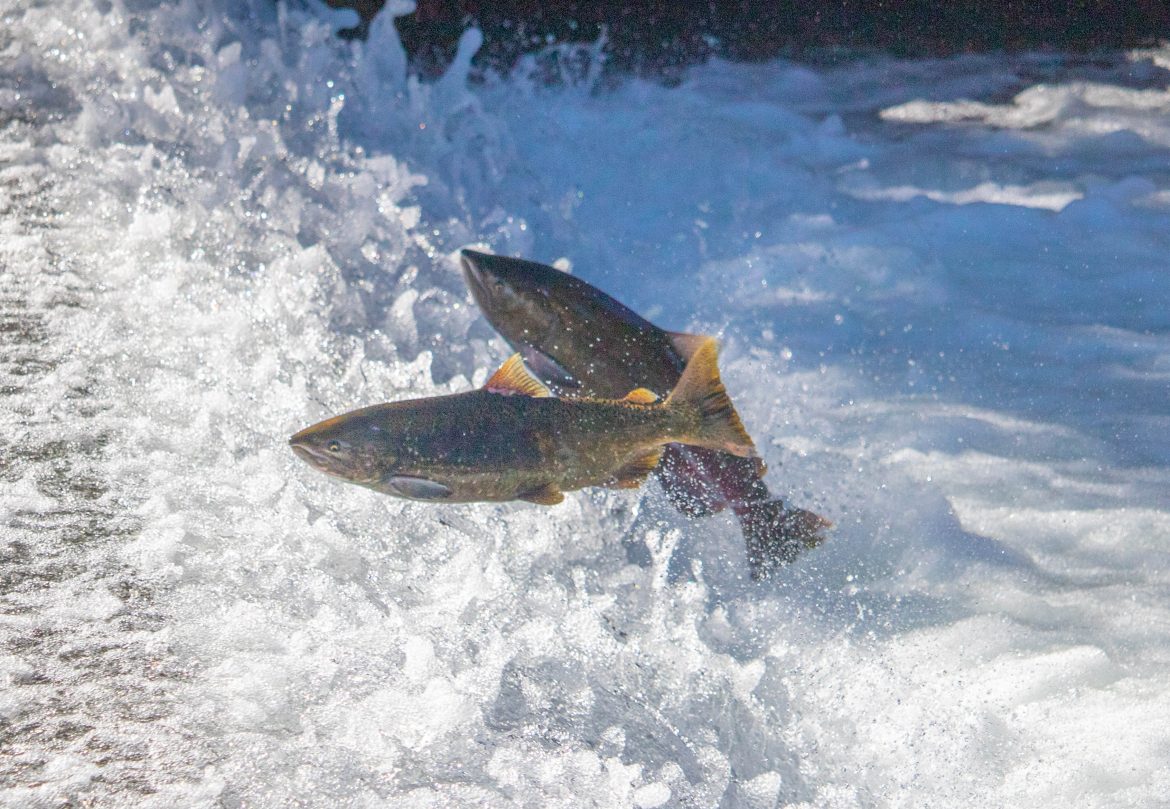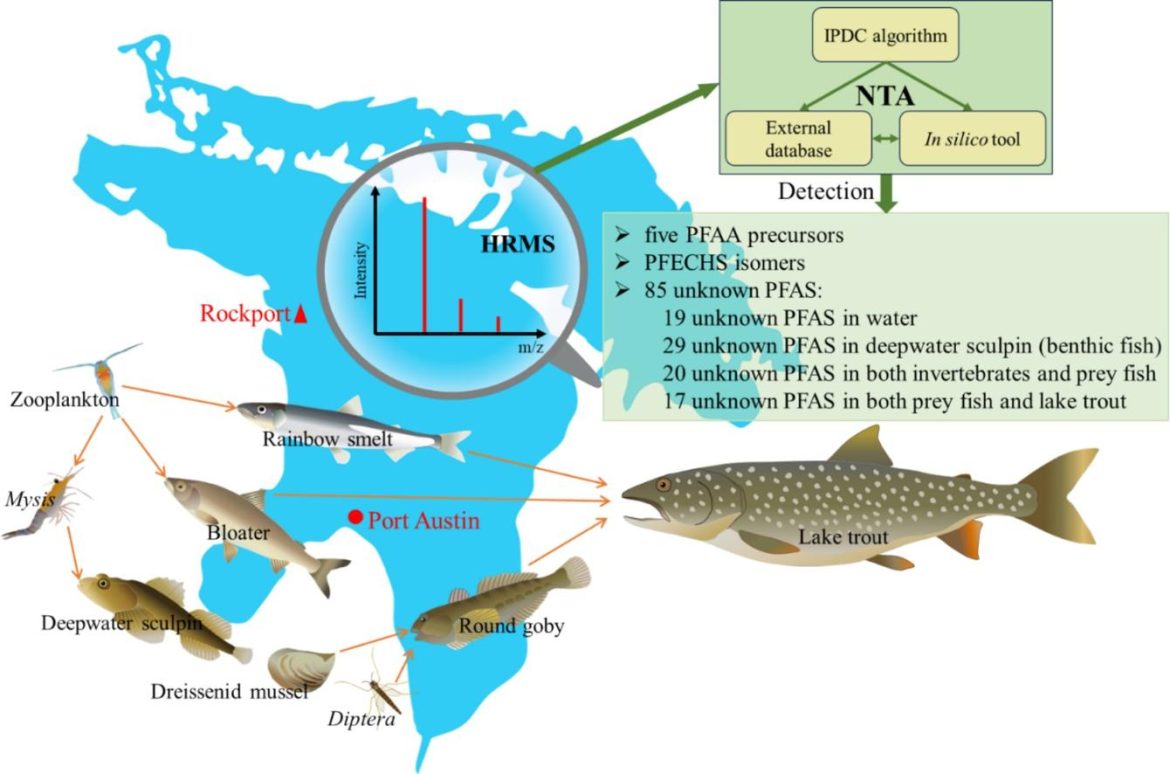By Isabella Figueroa Nogueira
It was another foggy day of fishing on the Wisconsin waters of Lake Michigan. As 25-year-old Christopher Thuss was scanning the waters for bass, something unexpected appeared on his sonar: an unknown object beneath the surface. What he had discovered was no ordinary catch, but a 102-year-old shipwreck, the J.C. Ames.
Water
DNR collecting steelhead eggs for annual hatching and release
|
By Dylan Engels
The DNR is collecting 4.5 million steelhead eggs at the Little Manistee River Weir in Manistee County. Most are incubated at the Thompson State Hatchery in Manistique and the Wolf Lake State Hatchery in Mattawan for release next spring.
Water
What to expect with the start of 2025’s fishing season
|
By Dylan Engels
Fishing licenses for the year are available, and DNR has changed a few requirements. We talk to experts from the Platte River Hatchery in Beulah, DNR and Michigan United Conservation Clubs.
Water
Wisconsin grant to help spread the news on eating safe amount of fish
|
By Isabella Figueroa
The Wisconsin Department of Natural Resources has been granted $1 million from the U.S. Environmental Protection Agency, to better reach Spanish, Hmong and rural populations.
Nearshore
Chasing thundersnow: Students join scientists in electrifying lake-effect storm research
|
By Julia Belden
From November 2022 to February 2023, scientists – and a small army of undergraduate research assistants – braved frigid temperatures and deep snow to document winter lightning along the easternmost shores of Lake Ontario as part of a National Science Foundation-funded study.
Water
Great Lakes water bird health suffers at polluted sites despite cleanup efforts
|
By Joshua Kim
Despite decades-long efforts to clean up toxic hot spots along Michigan’s Great Lakes shores, a recent study shows that the health of water birds in some areas continues to suffer.
Researchers examined ten years of data on fish-eating birds living near Saginaw Bay, the River Raisin, and Grand Traverse Bay.
Nearshore
Bacteria in Lake Superior reveal climate change’s impact on Great Lakes, research finds
|
By Georgia Hill
Rising temperatures and changing environmental conditions in the Great Lakes contribute to harmful algal blooms. New research suggests that the nearshore regions of Lake Superior could indicate climate change’s effects on the region’s ecosystem.
Water
Sneaky salmon live life in the fast lane
|
By Julia Belden
It’s one of Mother Nature’s most spectacular events. Mature chinook salmon, battered from a long and exhausting migration, return to the shallow tributaries of their birthplace to spawn. It’s the final act of the salmon’s short two-to-three-year life: after passing on their genes to the next generation, the fish quickly die.
Climate
Ice fishing returns to Lake Erie after years of thin ice and open water
|
By Clara Lincolnhol
Ice fishing has returned to Lake Erie this year after several seasons of thin ice and open water. Business owners and anglers have noted an increase in activity, with some reporting higher turnout than in previous years. At the same time, changing ice conditions in recent years have raised questions about long-term trends on the Great Lakes.
Water
Researchers scrambling to understand implications of forever chemicals found in fish, waters of Lake Huron
|
By Ruth Thornton
A new study finds new PFAS in the water and fish of Lake Huron near Rockport and Port Austin, raising concerns about human and wildlife health. We talk to one of the authors, experts from the Ecology Center in Ann Arbor, an Alpena charter boat captain and an East Lansing legislator.
Water
CDC awards biomonitoring grants to Great Lakes states; Future funding unclear
|
By Isabella Figueroa
New grants to Great Lakes states to measure harmful chemicals in marginalized communities are facing uncertainty under increased White House scrutiny on federal spending.
In September 2024, the Centers for Disease Control and Prevention awarded a first round of $5 million across six state biomonitoring programs that measure chemicals in people. Michigan, Minnesota, New York and Wisconsin were among the states receiving grants.


